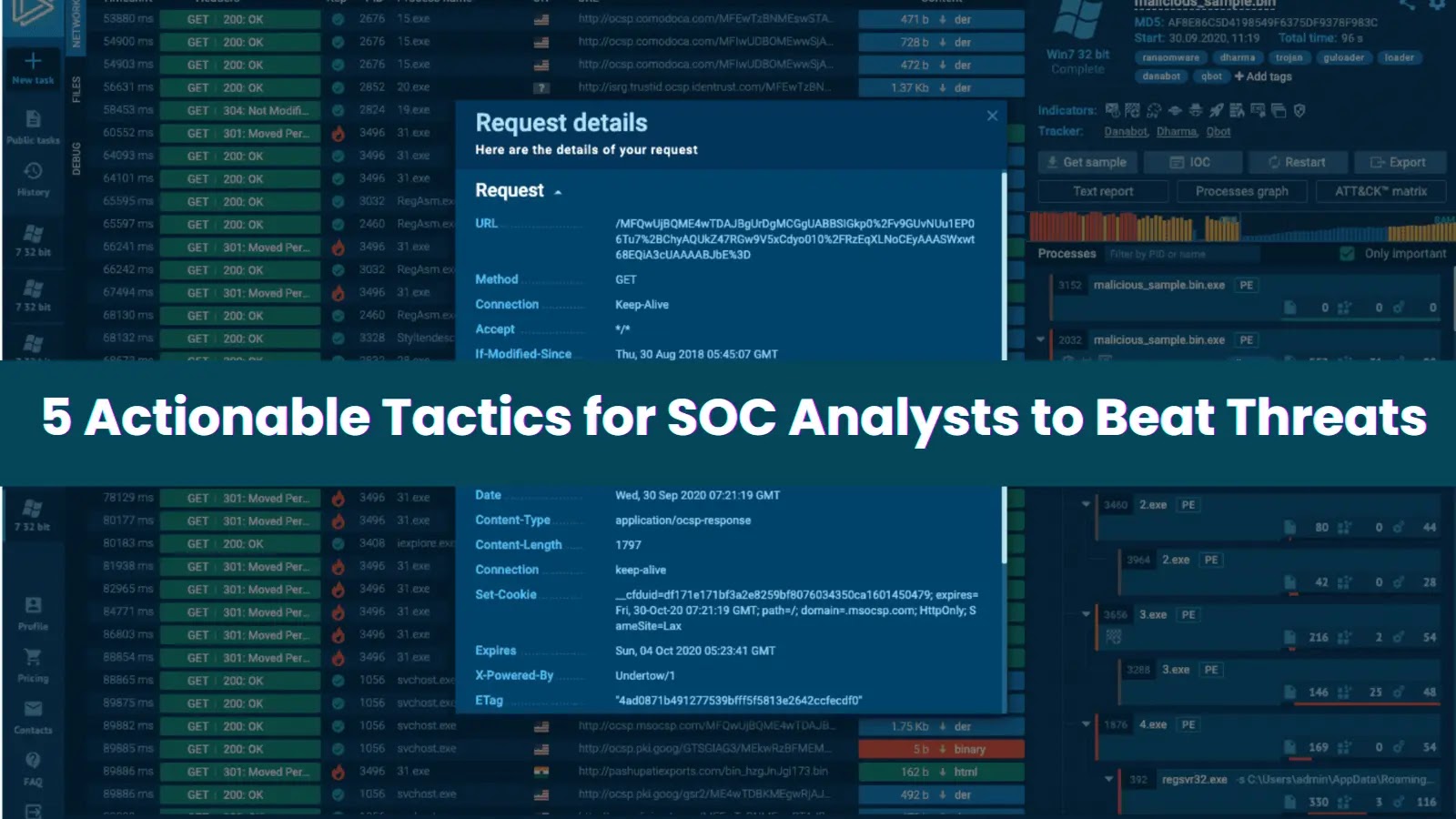In a significant cybersecurity incident, the Everest ransomware group has reportedly infiltrated Bayerische Motoren Werke AG (BMW), claiming to have exfiltrated approximately 600,000 lines of sensitive internal data. This breach underscores the escalating threat landscape facing the automotive industry, particularly high-profile manufacturers.
Details of the Breach
The Everest group, notorious for targeting organizations across various sectors, has listed BMW on its leak site, accompanied by a countdown timer. This timer indicates a limited window for BMW to engage in ransom negotiations before the alleged confidential files are publicly released. The site features sections titled Critical BMW Audit Documents and provides urgent instructions for BMW representatives, emphasizing the immediacy of the situation.
The evidence presented by Everest reportedly includes references to internal audit files and communications. However, the authenticity and full scope of the stolen documents have yet to be independently verified. If substantiated, the data haul could expose financial records, audit reports, engineering documentation, and other confidential corporate information.
Potential Implications
The alleged breach poses significant risks not only to BMW’s internal operations but also to its partners, suppliers, and customers. The publication or sale of sensitive data on underground forums could lead to identity theft, financial fraud, and competitive disadvantages. Moreover, such incidents can severely damage a company’s reputation and erode customer trust.
Context of Rising Cyber Threats in the Automotive Industry
The automotive sector has increasingly become a target for cybercriminals. In December 2023, a BMW dealership in Bengaluru, India, exposed sensitive data due to a misconfigured environment configuration file. This oversight jeopardized the entire network of car dealerships in the country and put clients at risk. The exposed data included credentials for various business accounts, logins to marketing platforms, tokens, and API keys, potentially granting unauthorized access to customer information, sales records, and financial data. This incident highlighted the critical importance of securing environment files and implementing robust access controls. ([cybernews.com](https://cybernews.com/security/bmw-india-data-leak/?utm_source=openai))
In February 2024, a misconfigured cloud storage server belonging to BMW exposed sensitive company information, including private keys and internal data. The exposed data included private keys for BMW’s cloud services in China, Europe, and the United States, as well as login credentials for production and development databases. Although BMW confirmed that no customer or personal data was impacted, the incident underscored the necessity of proper cloud storage configurations and regular security audits. ([techcrunch.com](https://techcrunch.com/2024/02/14/bmw-security-lapse-exposed-sensitive-company-information-researcher-finds/?utm_source=openai))
In July 2024, BMW Hong Kong faced a data breach affecting approximately 14,000 customers. The compromised data included salutations, surnames, first names, mobile numbers, and SMS opt-out preferences. The breach was attributed to a threat actor known as 888, who claimed responsibility for leaking the sensitive customer data. This incident emphasized the need for stringent data protection measures and prompt incident response strategies. ([english.dotdotnews.com](https://english.dotdotnews.com/a/202407/25/AP66a1eb78e4b096780aabf3d6.html?utm_source=openai))
BMW’s Response and Industry Recommendations
As of now, BMW has not released an official statement regarding the alleged breach by the Everest group. It remains unclear whether the company has entered negotiations with the ransomware operators or informed regulatory authorities about the incident.
Security experts advise organizations to avoid direct ransom payments, collaborate closely with law enforcement, and prioritize proactive vulnerability management. Implementing comprehensive cybersecurity frameworks, conducting regular security audits, and fostering a culture of security awareness are essential steps in mitigating the risk of such attacks.
Conclusion
The alleged breach of BMW by the Everest ransomware group serves as a stark reminder of the persistent and evolving cyber threats facing the automotive industry. As cybercriminals continue to target high-profile organizations, it is imperative for companies to bolster their cybersecurity defenses, ensure proper configuration of digital assets, and maintain vigilance against potential vulnerabilities.



